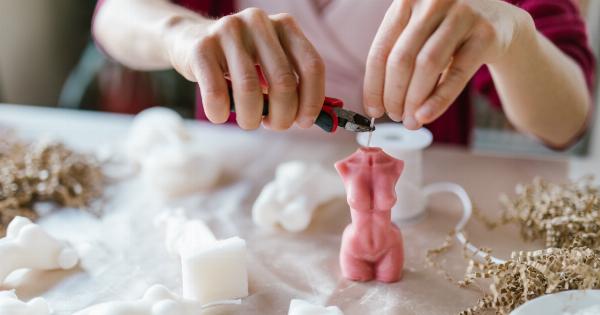Establishing good dental habits early on is crucial for a child’s oral health.
The American Academy of Pediatric Dentistry recommends that a child should have their first dental visit by their first birthday or within six months of the eruption of the first tooth. By starting early, parents can help their child develop good oral hygiene habits that can last a lifetime.
Why is Pediatric Dental Care Important?
Pediatric dental care is important for several reasons. Children’s teeth are different from adults, and their dental needs change as they grow and develop.
By taking care of their developing teeth, parents can help ensure that their child’s teeth are healthy and strong.
Another reason why pediatric dental care is important is that cavities and other dental problems in childhood can lead to problems in adulthood. A child’s adult teeth may also be affected by dental problems in childhood.
Taking care of their teeth early on can help prevent more serious dental problems down the line.
What to Expect During a Pediatric Dental Visit
During a pediatric dental visit, the dentist will examine your child’s teeth and gums for signs of decay or other problems. They will also provide guidance on how to care for your child’s teeth at home.
This may include tips on brushing and flossing, diet recommendations, and advice on how to prevent dental problems.
The dentist may also recommend x-rays to check for any hidden dental problems. If your child needs treatment, such as a filling or extraction, the dentist will explain the procedure and answer any questions you may have.
How to Prepare Your Child for a Dental Visit
It’s normal for children to feel anxious about going to the dentist, but there are several things you can do to help prepare them for their visit. One of the best things you can do is to start early.
By taking your child to the dentist when they’re young, they will become familiar with the process and feel more comfortable in the dental chair.
You can also read books or watch videos about visiting the dentist with your child to help them become more familiar with the process.
On the day of the appointment, it’s important to stay positive and reassure your child that the dentist is there to help keep their teeth healthy and strong.
Oral Hygiene Tips for Children
Good oral hygiene habits start early, and parents play a crucial role in helping their child develop these habits. Here are some tips for helping your child maintain good oral hygiene:.
Brushing:
Children should start brushing their teeth with a fluoride toothpaste as soon as their first tooth appears. Use a small amount of toothpaste and a soft-bristled toothbrush. Encourage your child to brush twice a day for two minutes.
Flossing:
Children should start flossing as soon as they have two teeth that touch. Flossing helps remove food particles and plaque from between teeth. You can use floss picks or traditional dental floss to clean between teeth.
Diet:
A healthy diet is important for good oral health. Limit sugary and starchy foods, and encourage your child to eat plenty of fruits and vegetables. Drinking water, especially fluoridated water, can also help strengthen teeth.
Mouthguards:
If your child plays sports, a mouthguard can help protect their teeth from injury. Mouthguards should be worn during any activity that could result in a blow to the face or mouth.
The Bottom Line
Pediatric dental care is essential for establishing good oral health habits early on. By taking care of their developing teeth, parents can help ensure that their child’s teeth are healthy and strong.
It’s important to start early and make regular dental visits a part of your child’s oral health routine.


























